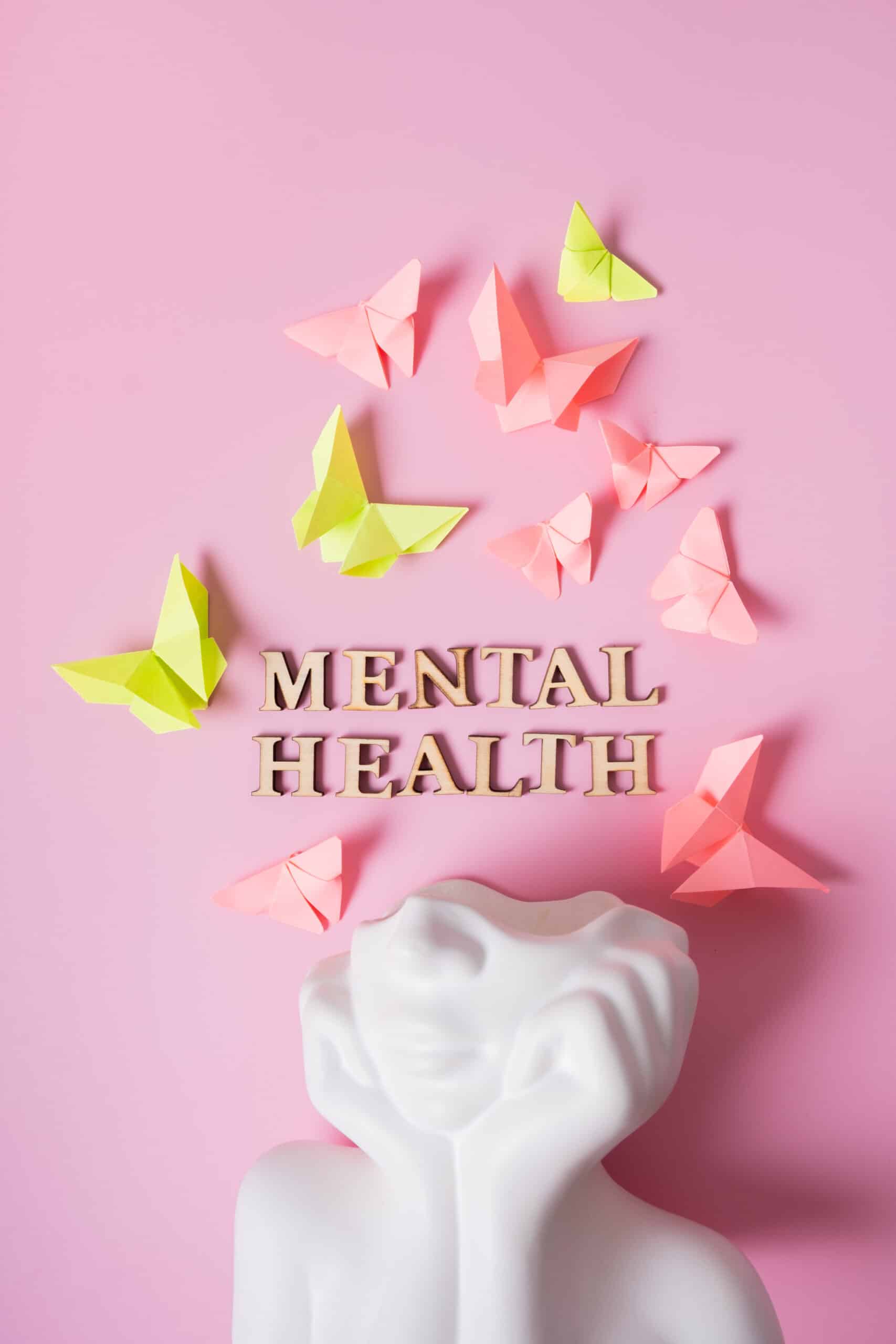Whether you know someone facing addiction or you struggle with it yourself, you may wonder if it’s possible to break the cycle of addiction. The answer is yes, but it’s not easy. Overcoming a substance use disorder requires a lot of hard work and dedication, but it is possible.
There are many different ways to approach breaking an addiction. Some people choose to go cold turkey, while others enter into a rehabilitation program. The most important thing is to find what works for you and to stick with it.
It’s also important to understand that addiction is a disease. Like any other disease, it can be treated and managed. Research shows that an estimated 1 in 9 Americans uses some form of illicit drug.
The good news is that with the right help, you can overcome your addiction and lead a happy, healthy life.
Table of Contents
ToggleWhy Overcoming Addiction Is So Difficult
Breaking an addiction is difficult because it requires you to change your whole lifestyle. This can be a big challenge, especially if you’ve been addicted for a long time.
Addiction changes the way your brain works and affects your behavior. It’s a powerful disease that can take over your life. Moreover, there are three key components that come with an addiction to drugs or alcohol. Let’s explore.
Building Tolerance
Tolerance occurs when you need more and more of a substance to get the desired effect. As you build tolerance, you may start to take larger doses of the drug or drink more alcohol than you originally intended. This can lead to dangerous consequences like an overdose.
What’s more, it’s this tolerance that makes it even harder to quit an addiction. Of course, trying to break an addiction, regardless of what stage you’re at, poses challenges to everyone.
Withdrawal Symptoms
Withdrawal symptoms are the opposite of the desired effects of the drug. They occur when you try to stop using the substance or reduce your intake. Withdrawal symptoms can range from mild to severe and can include things like anxiety, depression, irritability, and fatigue.
If you’ve been addicted for any length of time or know an addict personally, you’ve likely exhibited or seen such symptoms up close. And they make it that much harder to break an addiction.
Withdrawal symptoms are often accompanied by cravings. Cravings are intense desires to use a substance. They can be physical, mental, or both. Cravings can be triggered by things like stress, anxiety, boredom, or even just seeing someone else using the drug you’re addicted to.
Cravings are one of the main reasons why people relapse. A craving can come on suddenly and be so intense that it’s hard to resist. This is why it’s so important to have a solid support system in place when you’re trying to break an addiction.
Physical Symptoms
Physical symptoms are the changes that occur in your body after you’ve been using a substance for a long time. These can include things like liver damage, lung damage, and heart disease.
In addition to the physical and psychological effects of addiction, there are also social and financial consequences. Addiction can lead to job loss, financial problems, and relationship issues.
These are common traits among many people who suffer from drug and alcohol addiction. But, it’s important to remember that everyone is different. Not everyone will experience all of these symptoms. And, some people may only experience a few.
How to Overcome an Addiction
There is no one-size-fits-all approach to overcoming addiction. However, there are some general steps that can help you on your journey to recovery.
The first step is to seek professional help. This can be in the form of therapy, rehabilitation, or a 12-step program. Getting help from professionals will give you the tools you need to overcome your addiction.
Another helpful step is to join a support group. This can be an in-person or online group. Support groups provide a safe space to share your experiences and learn from others who are going through the same thing.
In addition, it’s important to make lifestyle changes. This includes things like eating a healthy diet, exercising regularly, and getting enough sleep. Making these changes will allow your body to heal from the damage caused by addiction.
This includes making a personal commitment to stay away from people and places that could put your recovery at risk. It’s also important to find new hobbies and activities that you enjoy. These things will keep you busy and distracted from your addiction.
It’s been shown that replacing bad habits with good ones can be helpful in overcoming addiction. For example, instead of turning to drugs or alcohol when you feel sad or stressed, try exercising.
You’ll be amazed at how much better you feel when you’re taking care of yourself. When you’re new to recovery, even the smallest changes can feel insurmountable.
There’s no question that making the decision to overcome addiction is a big step. And making these changes will not be easy. But, they are necessary for overcoming your addiction. With the right approach, you stand a much better chance of being successful in your recovery efforts.
Finally, it’s important to be patient with yourself. Recovery is a long process, and there will be ups and downs. However, if you stay dedicated to your recovery, you will eventually overcome your addiction.
Do you or someone you know struggle with addiction? If so, don’t hesitate to seek help. There are many resources available that can help you on your journey to recovery.
Agape Treatment Center Can Help
If you’re struggling with addiction, we can help. Agape Treatment Center is a leading addiction treatment center that offers a variety of programs to help you on your road to recovery.
We invite you to get in touch with us for a tailored solution that’s right for you. Our experienced staff will create a custom treatment plan that will assist you in overcoming your addiction so that you can live a happy, healthy life.
Please contact us today at (888) 614-0077 to learn more about our rehab programs and how we can help you overcome addiction.


